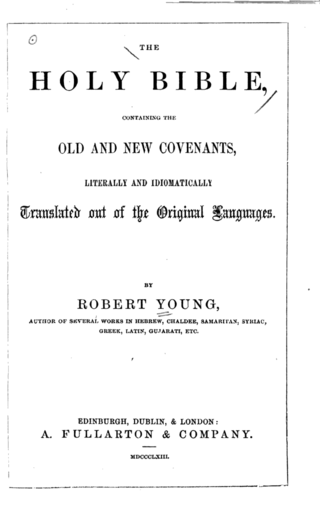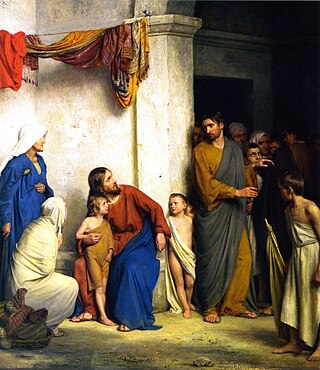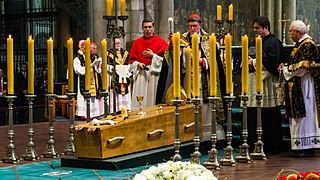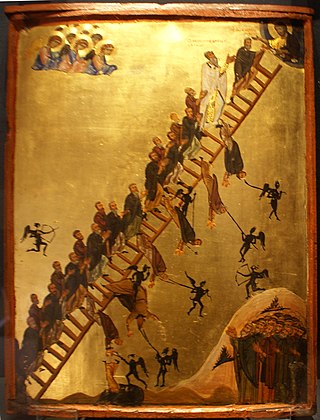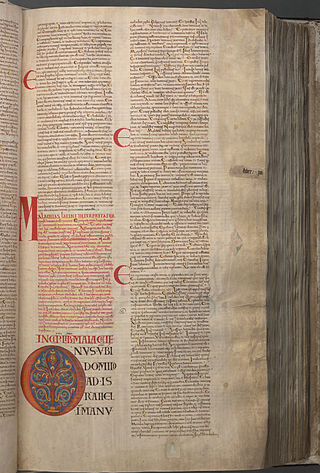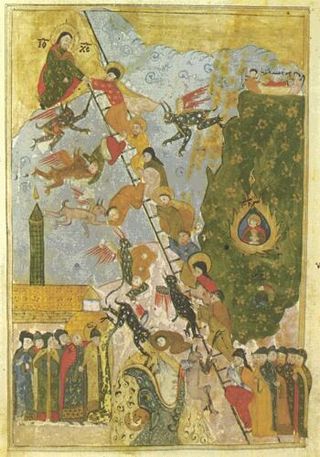Detailed explanation
This section contains too many or overly lengthy quotations for an encyclopedic entry.(May 2011) |
The sealing power is explained in greater detail in D&C 132:7-19:
And verily I say unto you, that the conditions of this law are these: All covenants, contracts, bonds, obligations, oaths, vows, performances, connections, associations, or expectations, that are not made and entered into and sealed by the Holy Spirit of promise, of him who is anointed, both as well for time and for all eternity, and that too most holy, by revelation and commandment through the medium of mine anointed, whom I have appointed on the earth to hold this power (and I have appointed unto my servant Joseph to hold this power in the last days, and there is never but one on the earth at a time on whom this power and the keys of this priesthood are conferred), are of no efficacy, virtue, or force in and after the resurrection from the dead; for all contracts that are not made unto this end have an end when men are dead. Behold, mine house is a house of order, saith the Lord God, and not a house of confusion. Will I accept of an offering, saith the Lord, that is not made in my name? Or will I receive at your hands that which I have not appointed? And will I appoint unto you, saith the Lord, except it be by law, even as I and my Father ordained unto you, before the world was? I am the Lord thy God; and I give unto you this commandment—that no man shall come unto the Father but by me or by my word, which is my law, saith the Lord. And everything that is in the world, whether it be ordained of men, by thrones, or principalities, or powers, or things of name, whatsoever they may be, that are not by me or by my word, saith the Lord, shall be thrown down, and shall not remain after men are dead, neither in nor after the resurrection, saith the Lord your God. For whatsoever things remain are by me; and whatsoever things are not by me shall be shaken and destroyed. Therefore, if a man marry him a wife in the world, and he marry her not by me nor by my word, and he covenant with her so long as he is in the world and she with him, their covenant and marriage are not of force when they are dead, and when they are out of the world; therefore, they are not bound by any law when they are out of the world. Therefore, when they are out of the world they neither marry nor are given in marriage; but are appointed angels in heaven, which angels are ministering servants, to minister for those who are worthy of a far more, and an exceeding, and an eternal weight of glory. For these angels did not abide my law; therefore, they cannot be enlarged, but remain separately and singly, without exaltation, in their saved condition, to all eternity; and from henceforth are not gods, but are angels of God forever and ever. And again, verily I say unto you, if a man marry a wife, and make a covenant with her for time and for all eternity, if that covenant is not by me or by my word, which is my law, and is not sealed by the Holy Spirit of promise, through him whom I have anointed and appointed unto this power, then it is not valid neither of force when they are out of the world, because they are not joined by me, saith the Lord, neither by my word; when they are out of the world it cannot be received there, because the angels and the gods are appointed there, by whom they cannot pass; they cannot, therefore, inherit my glory; for my house is a house of order, saith the Lord God. And again, verily I say unto you, if a man marry a wife by my word, which is my law, and by the new and everlasting covenant, and it is sealed unto them by the Holy Spirit of promise, by him who is anointed, unto whom I have appointed this power and the keys of this priesthood; and it shall be said unto them—Ye shall come forth in the first resurrection; and if it be after the first resurrection, in the next resurrection; and shall inherit thrones, kingdoms, principalities, and powers, dominions, all heights and depths—then shall it be written in the Lamb’s Book of Life, that he shall commit no murder whereby to shed innocent blood, and if ye abide in my covenant, and commit no murder whereby to shed innocent blood, it shall be done unto them in all things whatsoever my servant hath put upon them, in time, and through all eternity; and shall be of full force when they are out of the world; and they shall pass by the angels, and the gods, which are set there, to their exaltation and glory in all things, as hath been sealed upon their heads, which glory shall be a fulness and a continuation of the seeds forever and ever.
Boyd K. Packer has also elaborated on the meaning of the term "seal" in conjunction with the phrase "sealing power":
For many centuries it has been the practice all over the world to use an official seal to certify that a document or a proceeding is indeed authoritative. The word seal, used in that context, becomes synonymous for endorse or confirm, to license, to favor, to ratify, to accredit, to authorize, to advocate, and to bind. Everywhere in the world this system is used. Governments have their official seal, sometimes called the great seal. It was common in earlier eras in the courts of kings. In those courts it was a position of the greatest responsibility and honor to be designated as the keeper or the clerk of the great seal. To have custody of the seal was an office of unequalled trust. We see the use of seals everywhere. When a signature is notarized, an impression is made upon the paper with a seal. When a license is obtained from a municipality or a state, from a federation or an association, somewhere upon it is impressed the official seal of the organization. You find it on the diploma issued by universities, on legal documents that process through the courts, and on many other papers. The use of a seal is a visible means of signifying that the document is authoritative, that it is worthy of respect and recognition, that its effect is binding. Seal is the right word, therefore, to be used to represent spiritual authority. In this case it is not represented by an imprint, by a wax impression, by an embossment, or by a ribbon; nor by an engravement on a signet, or by a stamp, or by a gold design pressed onto a document. The seal of official authority relating to spiritual matters, like other things spiritual, can be identified by the influence that is felt when the sealing power is exercised. The sealing power represents the transcendent delegation of spiritual authority from God to man. The keeper of that sealing power is the Lord's chief representative here upon the earth. That is the position of consummate trust and authority.
The Holy Temple, Boyd K. Packer, pp. 81-82


